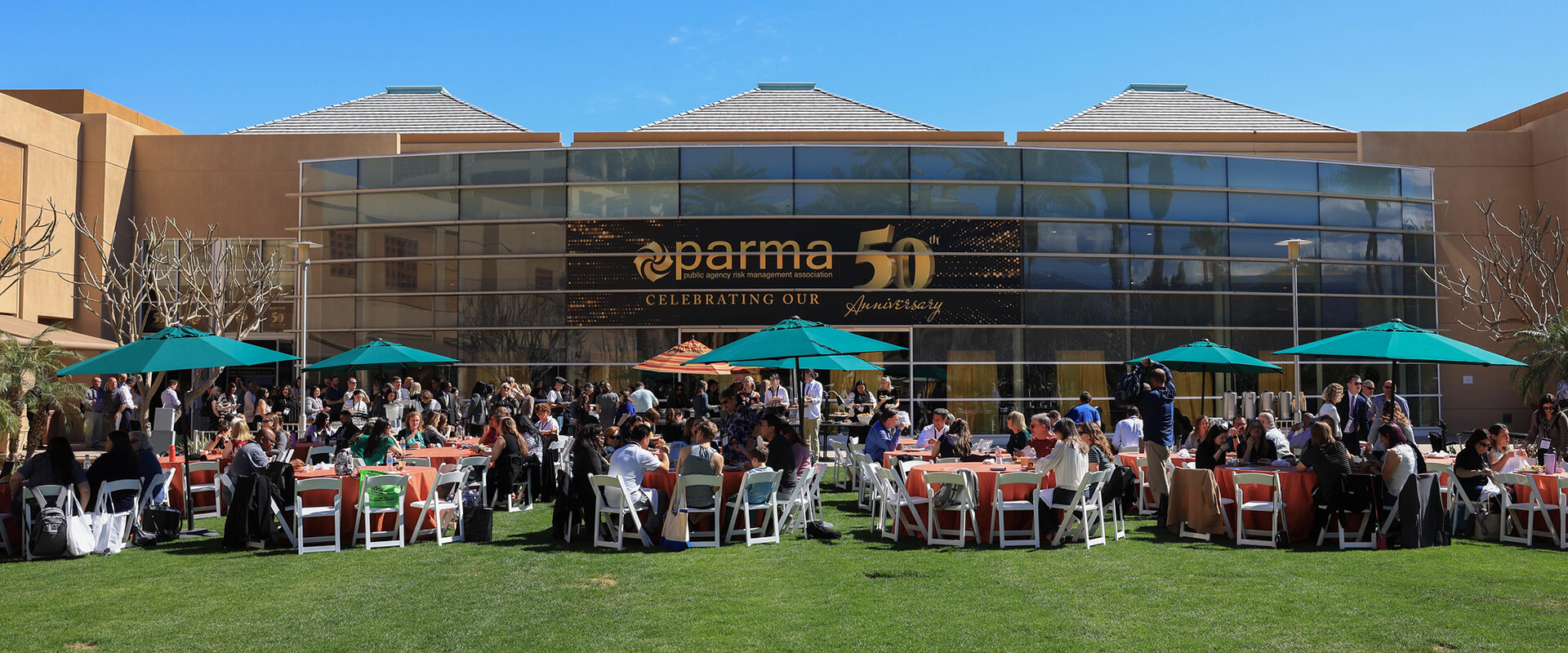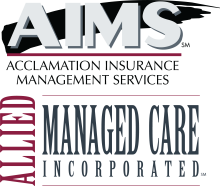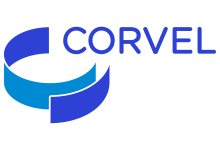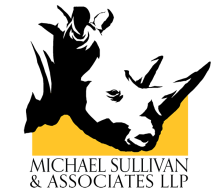The Central Pacific could see anywhere from three to six hurricanes over the next six months, forecasters predicted Wednesday. That would be an increase over the two named storms last year.
Storm activity is likely to be normal or a bit busier than normal this year, according to the National Oceanic and Atmospheric Administration’s Central Pacific Hurricane Center.
A new law that enables corporate directors and officers owning at least 10 percent of a business to opt out of workers’ compensation coverage goes into effect on July 1.
The law is intended to reduce the threshold of ownership, and is part of an effort to help eliminate workers’ comp fraud. Under the new law, directors and officers who want to opt out of worker’s comp must sign a waiver stating that they are covered by a health insurance plan.
The California Senate has approved legislation that seeks to clarify homeowners’ insurance coverage following deadly mudslides near Santa Barbara.
Insurance policies generally cover damage caused by fires but not by mudslides. That creates confusion in cases like the mudslides in Montecito, which were triggered by a wildfire.
Security is on the front burner for school districts around the country, but how to make students, faculty and visitors safe is a tricky and touchy subject.
There are multiple layers of possible security, including armed officers, armed teachers, metal detectors, video cameras and visitor management systems. They all have their pluses and/or minuses but there are common denominators in any effort to secure a school or any similar location.
All of the above are just one facet of security and not a guarantee of anything, and the human factor is as important or more so than any other.
The consensus is that sea-level rise will occur in Southern California, but how much and when are questions that complicate developing mitigation plans.
Encinitas, a city of almost 60,000, 25 miles north of San Diego, is trying to get a grip on those questions to deliver a Coastal Vulnerability and Resiliency Plan. If only they had a crystal ball.
It is impossible to foresee the future 50 to 100 years from now, and that makes planning for eventualities that far in advance a crap shoot. So you do it incrementally.
A magnitude 3.3 earthquake has rattled the Southern California desert, the U.S. Geological Survey confirmed.
The USGS said the quake on Saturday was centered about 27 miles northwest of El Centro in the desert near the Arizona border.
WASHINGTON — The head of the Federal Emergency Management Agency on Monday stressed the role of local governments in preparing the U.S. to better withstand natural disasters.
"I do believe that the key to resiliency is at the local level of government, not with FEMA," the agency's administrator, Brock Long, said at an event. "If you’re depending on FEMA to make your community resilient, well, that’s the wrong approach."
What is your organization's biggest security threat? The answer may surprise you.
While most companies imagine security threats in the form of malicious outsiders, the employees already in your organization may pose an even bigger threat. In fact, research suggests that insider threats account for anywhere from 60 to 75 percent of data breaches.
Ridesharing service Lyft Inc. and courier service Postmates Inc. are among the first companies to be sued for improperly treating workers in California as independent contractors following a recent decision that makes it easier for workers to prove that they are employees entitled to costly legal protections.
On Wednesday, the companies were hit with separate lawsuits in California state court accusing them of misclassifying workers as contractors rather than employees to save money.
Starbucks Corp. and other roasters and retailers must serve up a cancer warning with coffee sold in California, a Los Angeles judge has ruled.
Superior Court Judge Elihu Berle in a ruling published on Monday said that Starbucks and other coffee sellers did not show that the risk from consuming acrylamide, a possible cancer-causing byproduct created during coffee roasting, was offset by benefits from drinking coffee.












